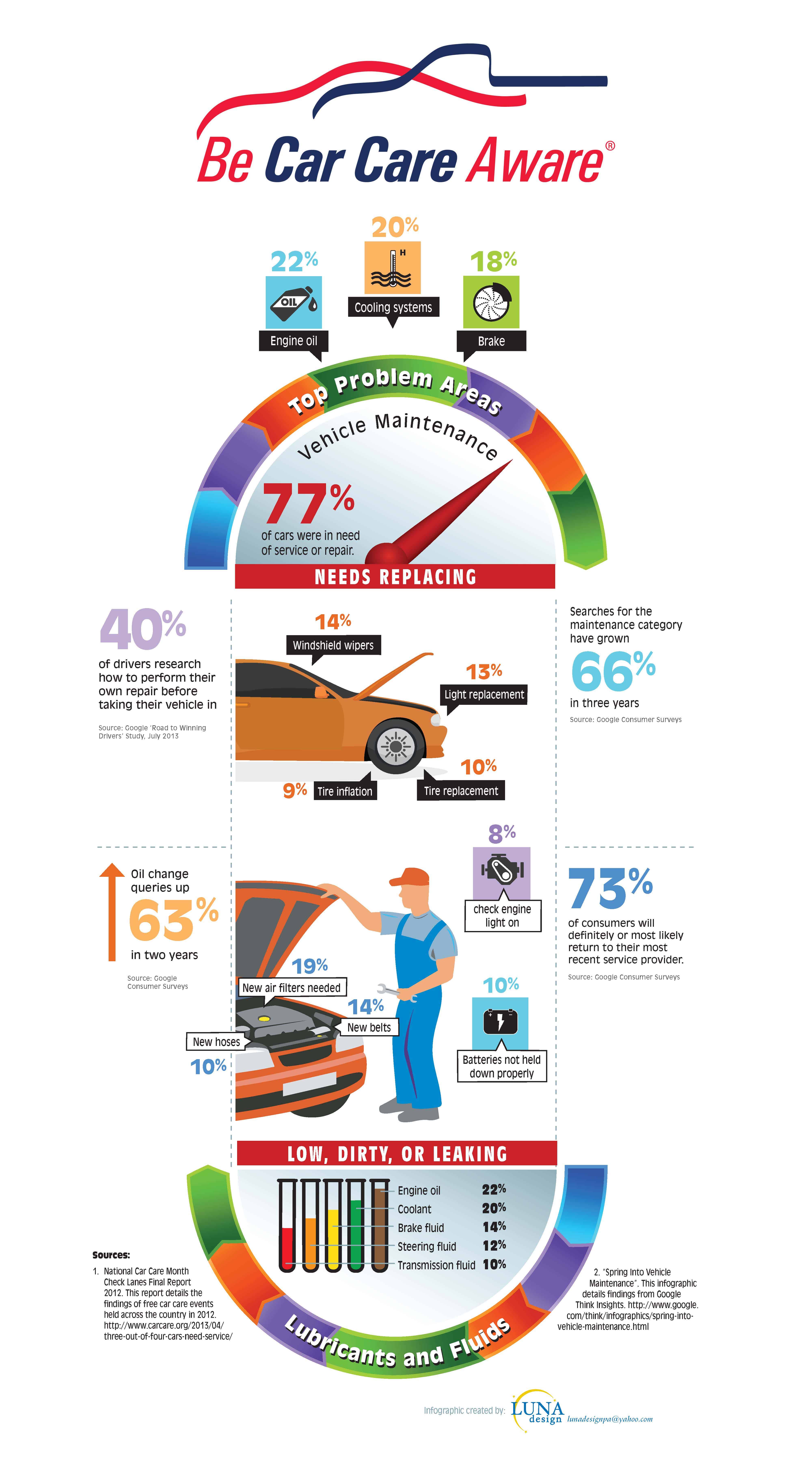The Future Of Home Heating - Just How Heatpump Modern Technology Is Evolving
The Future Of Home Heating - Just How Heatpump Modern Technology Is Evolving
Blog Article
Authored By-Dawson Stack
Heat pumps will be a crucial innovation for decarbonising heating. In https://www.streetinsider.com/SEC+Filings/Form+8-K+Fusion+Pharmaceuticals+For%3A+Jun+01/18514359.html with governments' introduced energy and environment commitments, their global ability increases by 2030, while their share in home heating rises to one-quarter.
They function best in well-insulated homes and count on electrical energy, which can be supplied from a renewable power grid. Technical breakthroughs are making them a lot more efficient, smarter and less expensive.
Fuel Cells
Heat pumps use a compressor, cooling agent, coils and followers to move the air and heat in homes and devices. They can be powered by solar energy or electrical energy from the grid. They have been acquiring appeal because of their low cost, quiet operation and the capacity to produce electrical energy throughout peak power need.
Some firms, like IdaTech and BG MicroGen, are dealing with gas cells for home heating. These microgenerators can replace a gas central heating boiler and create several of a home's electrical requirements with a connection to the electrical power grid for the remainder.
However there are factors to be skeptical of using hydrogen for home heating, Rosenow claims. It would be costly and ineffective contrasted to various other innovations, and it would include in carbon discharges.
Smart and Connected Technologies
Smart home technology permits homeowners to link and regulate their tools from another location with the use of mobile phone applications. For example, smart thermostats can learn your heating preferences and immediately adjust to optimize energy consumption. Smart illumination systems can be controlled with voice commands and automatically turn off lights when you leave the area, decreasing power waste. And clever plugs can keep an eye on and handle your electric use, enabling you to determine and restrict energy-hungry appliances.
The tech-savvy home depicted in Carina's interview is an excellent image of exactly how residents reconfigure space heating methods in the light of brand-new clever home modern technologies. They rely upon the tools' automatic attributes to execute day-to-day changes and concern them as a practical means of performing their heating practices. Thus, they see no factor to adjust their techniques additionally in order to enable versatility in their home energy need, and interventions targeting at doing so may deal with resistance from these houses.
Electrical power
Given that heating up homes make up 13% of US exhausts, a switch to cleaner alternatives could make a large difference. However the innovation faces difficulties: It's costly and requires considerable home remodellings. And it's not always suitable with renewable energy sources, such as solar and wind.
Till just recently, electrical heat pumps were too costly to compete with gas designs in many markets. However brand-new advancements in layout and products are making them much more cost effective. And far better chilly environment efficiency is allowing them to operate well also in subzero temperature levels.
The following step in decarbonising home heating might be using warmth networks, which attract warmth from a central source, such as a neighboring river or sea inlet, and disperse it to a network of homes or buildings. That would reduce carbon discharges and enable homes to take advantage of renewable energy, such as environment-friendly electrical energy from a grid supplied by renewables. aircon services christchurch would be much less costly than switching over to hydrogen, a fossil fuel that requires brand-new infrastructure and would just decrease carbon dioxide discharges by 5 percent if coupled with improved home insulation.
Renewable resource
As electrical power prices go down, we're starting to see the exact same pattern in home heating that has driven electric cars and trucks into the mainstream-- yet at an even quicker pace. The solid environment case for electrifying homes has actually been pushed further by new research study.
Renewables make up a substantial share of modern warm intake, yet have been given minimal policy focus worldwide contrasted to other end-use industries-- and even less interest than electrical power has. Partially, this shows a mix of customer inertia, divided motivations and, in several nations, subsidies for nonrenewable fuel sources.
New technologies might make the change simpler. As an example, heat pumps can be made a lot more energy reliable by replacing old R-22 refrigerants with brand-new ones that do not have the high GWPs of their predecessors. Some professionals additionally picture area systems that draw heat from a neighboring river or sea inlet, like a Norwegian fjord. The warm water can after that be made use of for cooling and heating in a community.